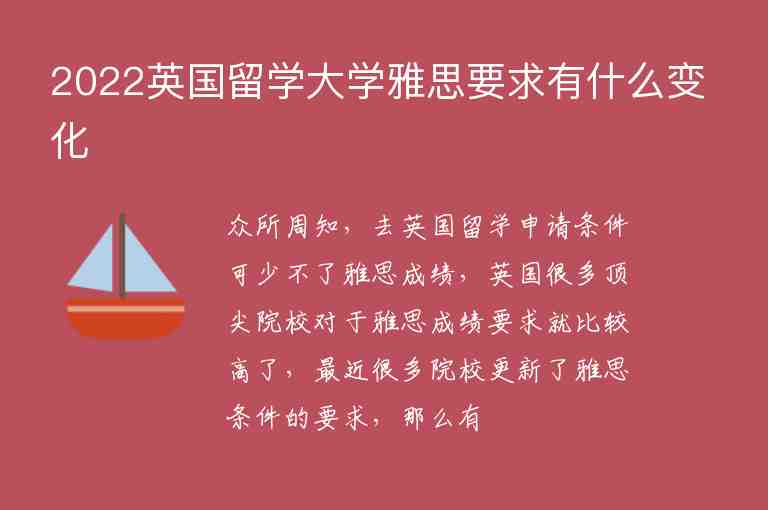一:法定人或负责人姓名的是什么意思(中英文)解释的意思:
法定人或负责人姓名是指公司、组织或在法律上具有性和权力的个人,也称为法定人。在,法定人通常由公司董事长、总经理或董事会成员担任。
What does the legal representative or person in charge mean?
The legal representative or person in charge refers to an individual who has representative and decision-making power on behalf of a company, organization, or institution according to the law. In China, the legal representative is usually held by the chairman, general manager, or board members of a company.
二:怎么读(音标):
法定人(fǎ dìng dài biǎo rén),负责人(fù zé rén)
How to pronounce:
Legal Representative (fǎ dìng dài biǎo rén), Person in Charge (fù zé rén)
三:用法:
在商业和法律领域,法定人或负责人通常被要求签署合同、授权文件、行政许可申请等重要文件,并公司进行各种商业活动。他们也承担着对公司股东和投资者的责任和义务。
Usage:
In business and legal fields, the legal representative or person in charge is usually required to sign contracts, authorization documents, administrative license applications and other important documents, and represent the company in various business activities. They also have responsibilities and obligations towards the company's shareholders and investors.
四:例句1-5句且中英对照:
1. 公司的法定人必须具备良好的商业信誉和管理能力。
The legal representative of the company must have good commercial reputation and management skills.
2. 董事会任命李先生为公司的法定人。
The board of directors appointed Mr. Li as the legal representative of the company.
3. 法定人有权签署公司的重要合同。
The legal representative has the right to sign important contracts for the company.
4. 在,法定人通常是由董事长担任。
In China, the legal representative is usually held by the chairman.
5. 公司的法定人应当遵守相关法律法规,保护股东和投资者的利益。
The legal representative of the company should comply with relevant laws and regulations and protect the interests of shareholders and investors.
五:同义词及用法:
1. 负责人(fù zé rén)- 同样指公司、组织或在法律上具有性和权力的个人,与法定人意思相同。
2. 执行董事(zhí xíng dǒng shì)- 也称为执行总经理或执行,在公司内部拥有最高决策权,负责落实董事会的决议。
3. 首席执行官(shǒu xí zhí xíng guān)- 在大型公司中,通常由首席执行官担任法定人,拥有最高管理权力。
4. 公司(gōng sī dài biǎo)- 法律上具有性和权力的个人,但在一些特定情况下,可能不是公司内部的高管人员。
Synonyms and usage:
1. Person in charge (fù zé rén) - also refers to an individual who has representative and decision-making power on behalf of a company, organization, or institution, same as legal representative.
2. Executive Director (zhí xíng dǒng shì) - also known as executive general manager or executive chairman, holds the highest decision-making power within the company and is responsible for implementing the board's resolutions.
3. Chief Executive Officer (shǒu xí zhí xíng guān) - in large companies, the CEO is usually the legal representative and holds the highest management power.
4. Company Representative (gōng sī dài biǎo) - an individual who has representative and decision-making power according to the law, but may not be a senior executive within the company in certain situations.
六:编辑总结:
法定人或负责人是指在法律上具有性和权力的个人,通常由公司董事长、总经理或董事会成员担任。他们在商业和法律领域扮演着重要的角色,负责签署重要文件、公司进行各种商业活动,并对股东和投资者负有责任和义务。同义词包括负责人、执行董事、首席执行官和公司。作为网络词典编辑翻译人员,了解法定人或负责人的含义和用法是非常重要的,希望本文能够帮助读者更好地理解这一概念。
